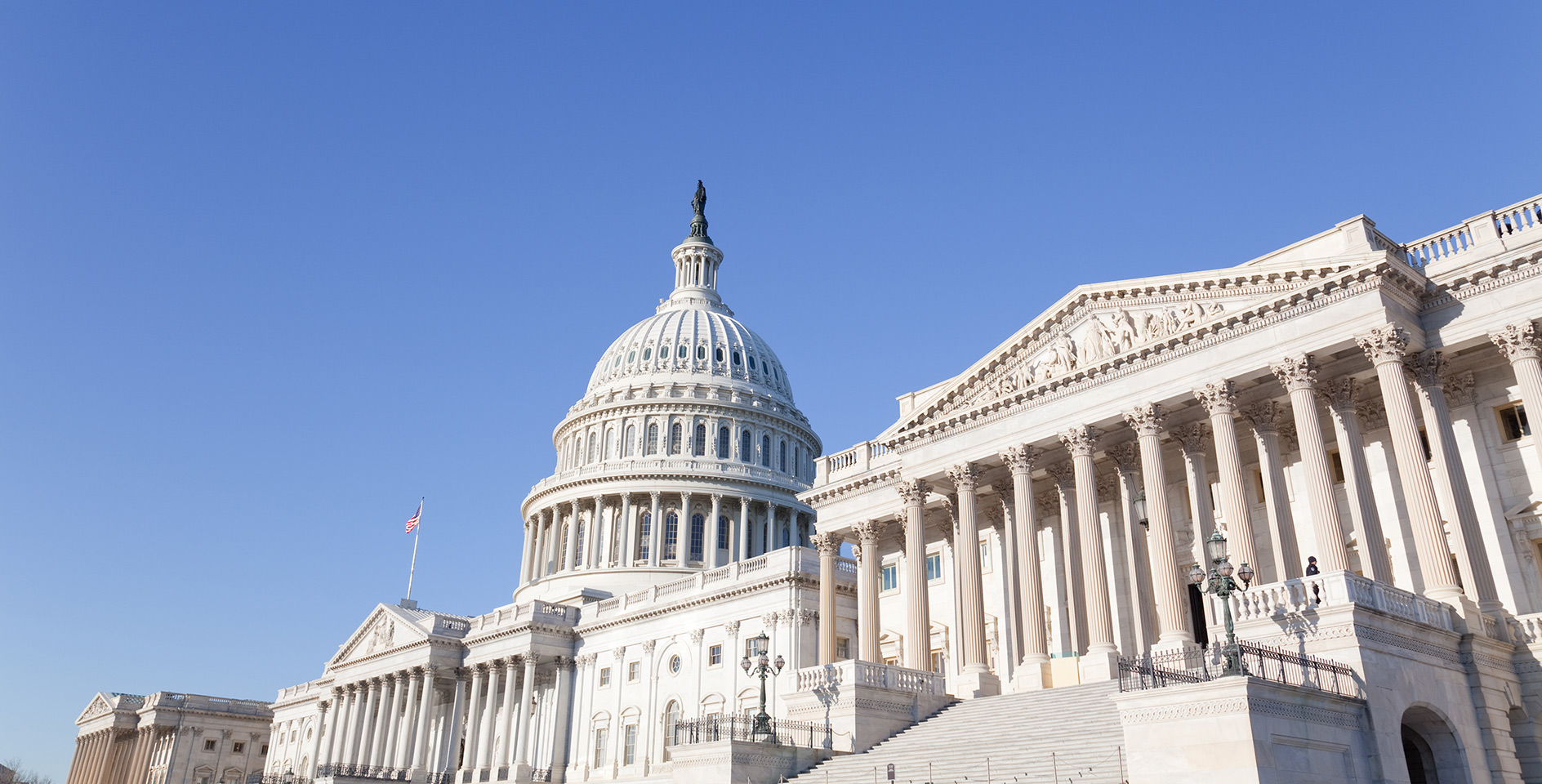On Monday, the Internal Revenue Service issued interim guidance to aid taxpayers in complying with a troubling new tax provision in the Tax Cuts and Jobs Acts. The tax provision that this guidance seeks to address taxes nonprofit organizations on the cost of providing parking and transportation benefits to their employees. The guidance seeks to ease the burden of parking fringe benefits for employees of houses of worship and nonprofits by helping calculate the cost of their parking benefits and determining the effect these—no longer deductible—parking expenses have on a nonprofit’s unrelated business taxable income (UBTI).
Regarding the interim guidance, Treasury Secretary Steve Mnuchin stated, “Treasury is sensitive to the concerns of the tax exempt community, and hopes this guidance can significantly limit the impact on nonprofit groups.”
As stated by Treasury, “Under this rule, employers will have until March 31, 2019, to change their parking arrangements to reduce or eliminate the number of parking spots they reserve for their employees. By making this change, many churches, schools, hospitals and other tax-exempt organizations may be able to reduce their associated UBTI.”
While the ERLC is grateful for Treasury’s attempt to ease the tax burden on nonprofit organizations and houses of worship, this guidance remains insufficient. Treasury’s assistance in providing relief through these means is limited in nature. The guidance proves to be cumbersome and a heavy administrative lift, requiring nonprofits and houses of worship of all sizes to follow a four-step calculation that varies for each organization and can even vary month to month. A permanent repeal of the language that initially created this tax burden—Internal Revenue Code Section 512(a)(7)—must be fixed through legislation.
House Ways and Means Chairman, Kevin Brady (R-Texas) has made this issue a priority by including a full repeal in the House tax bill that was released on Monday (Section 405). Congressman Mark Walker (R-N.C.) and Sen. James Lankford (R-Okla.) have both introduced legislation in the House and Senate, respectively, that would repeal this troubling tax provision (H.R. 6460 and S. 3332).
ERLC’s President Russell Moore commented on the tax provision,
Beyond the practical downsides, Congress should also consider first principles. Taxing houses of worship is deeply un-American—no matter how large or small the tax burden. The proper separation of the state from the church is at the heart of the American project. As the Founders understood, the power to tax is the power to destroy. Tax laws don’t exist to give special privileges for religious organizations. They are meant to recognize that, unlike in other places and at other times, the state here doesn’t regulate, or subsidize, the worship of God.
The ERLC continues to urge the House and Senate to swiftly repeal Section 512(a)(7) through any appropriate legislative package before the end of the calendar year.









